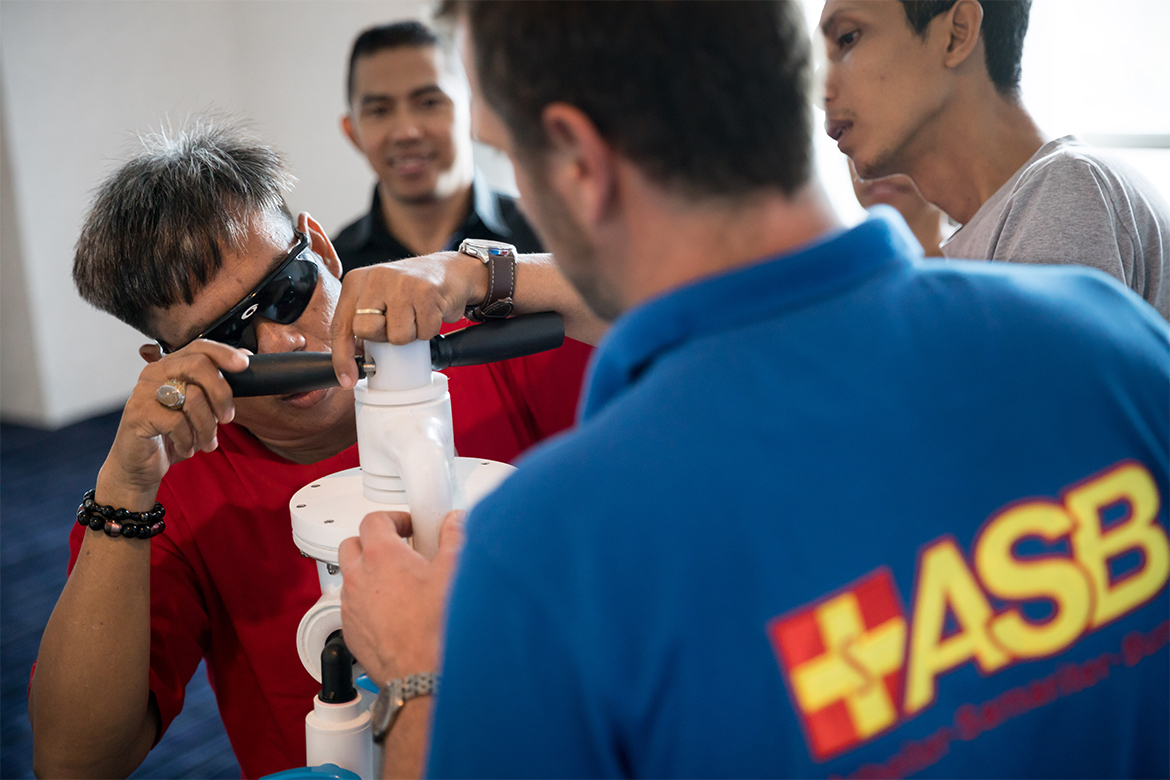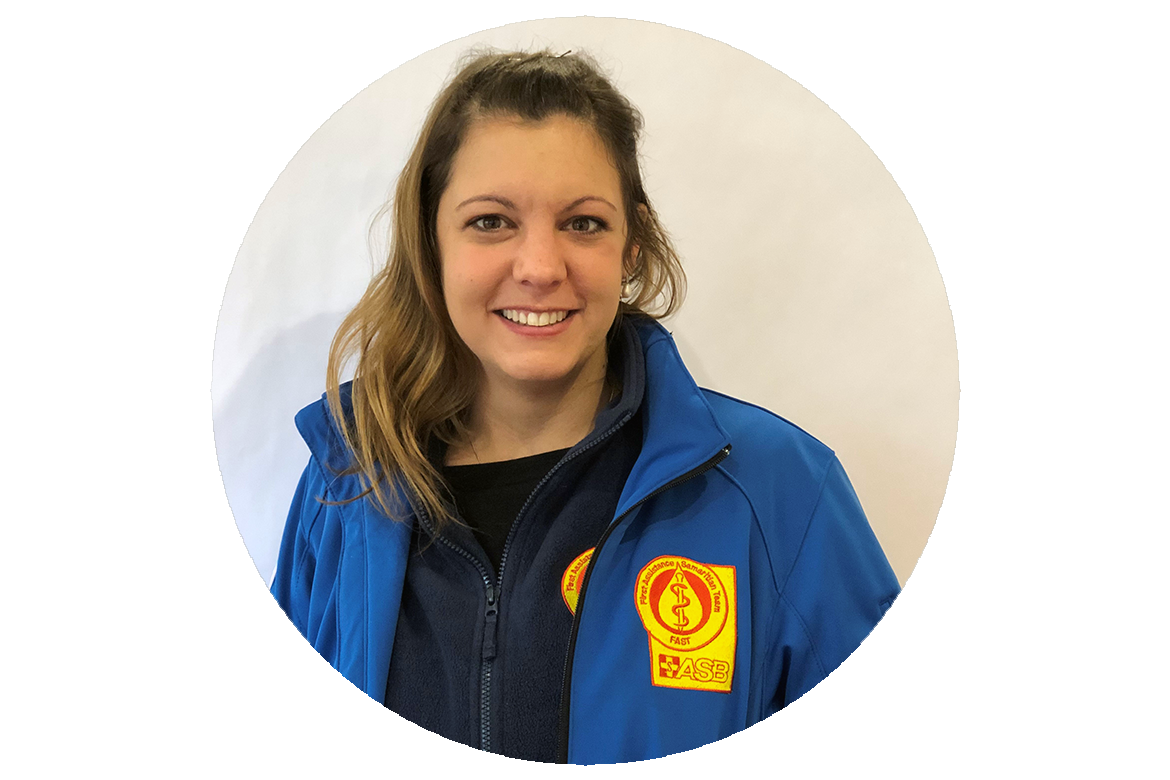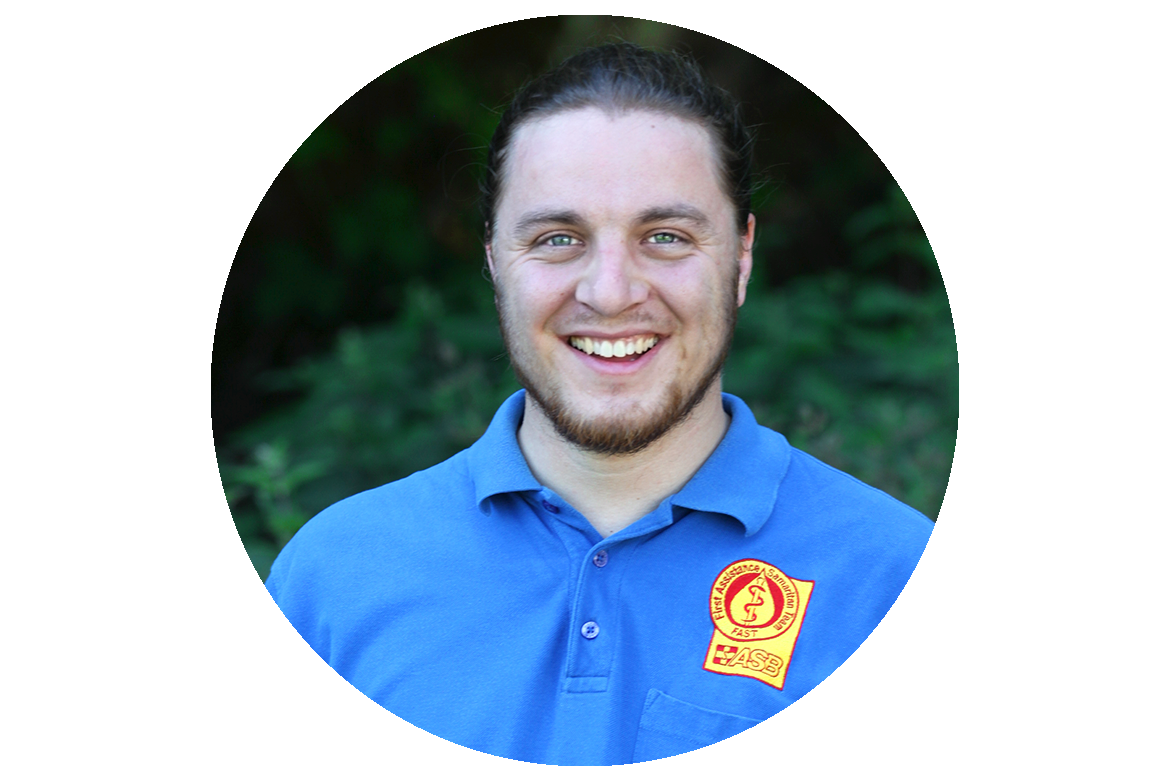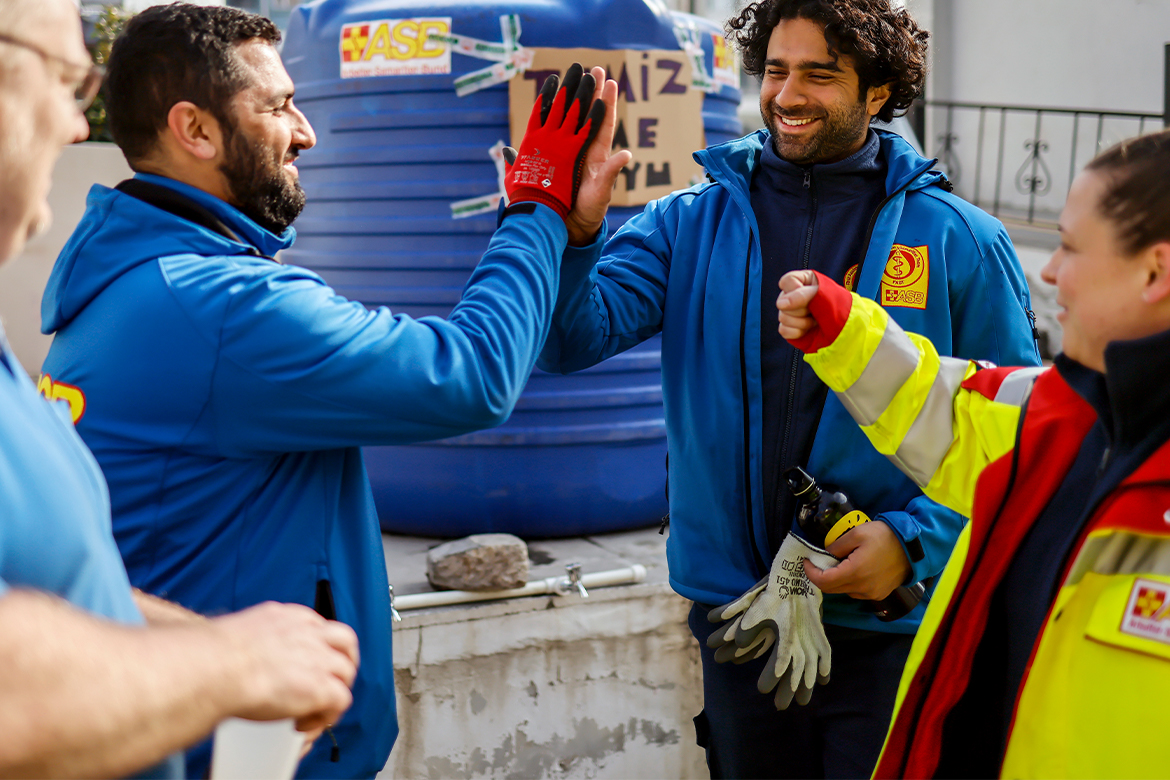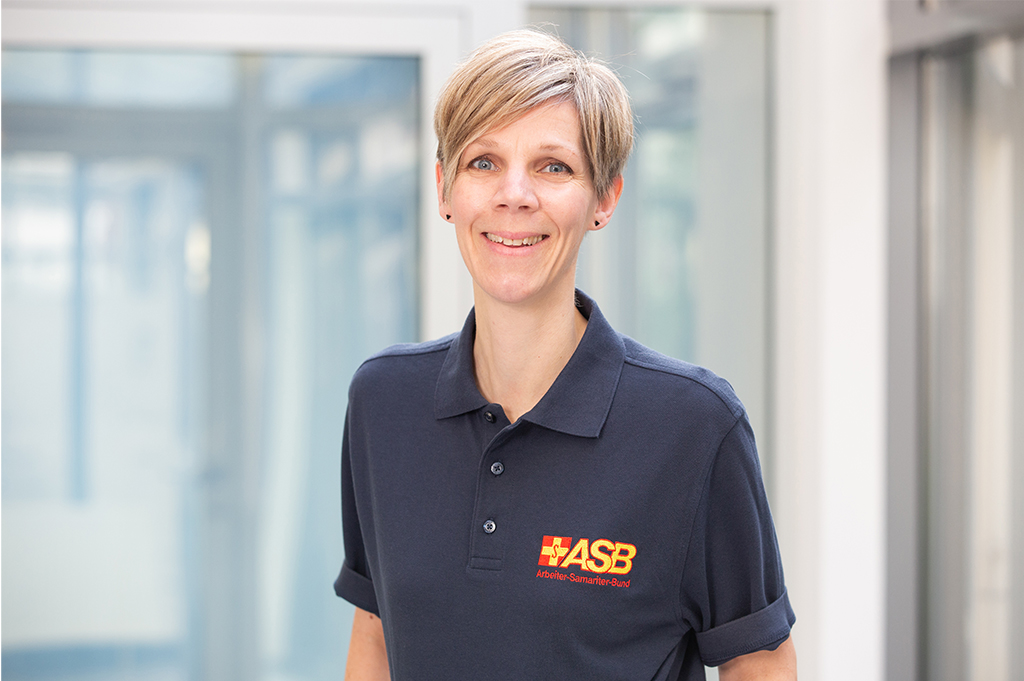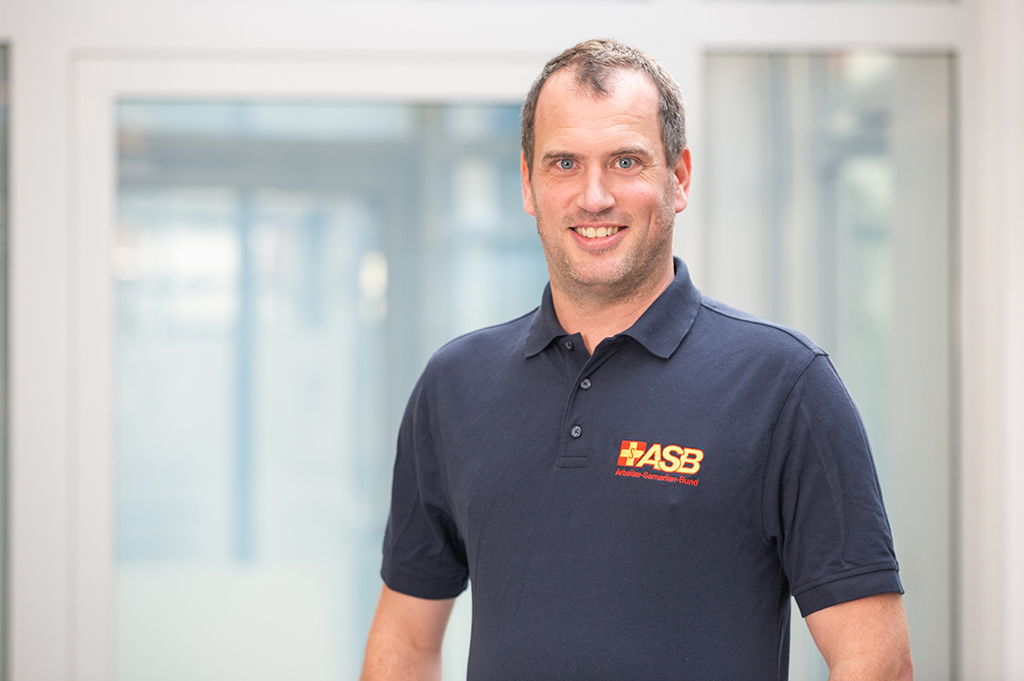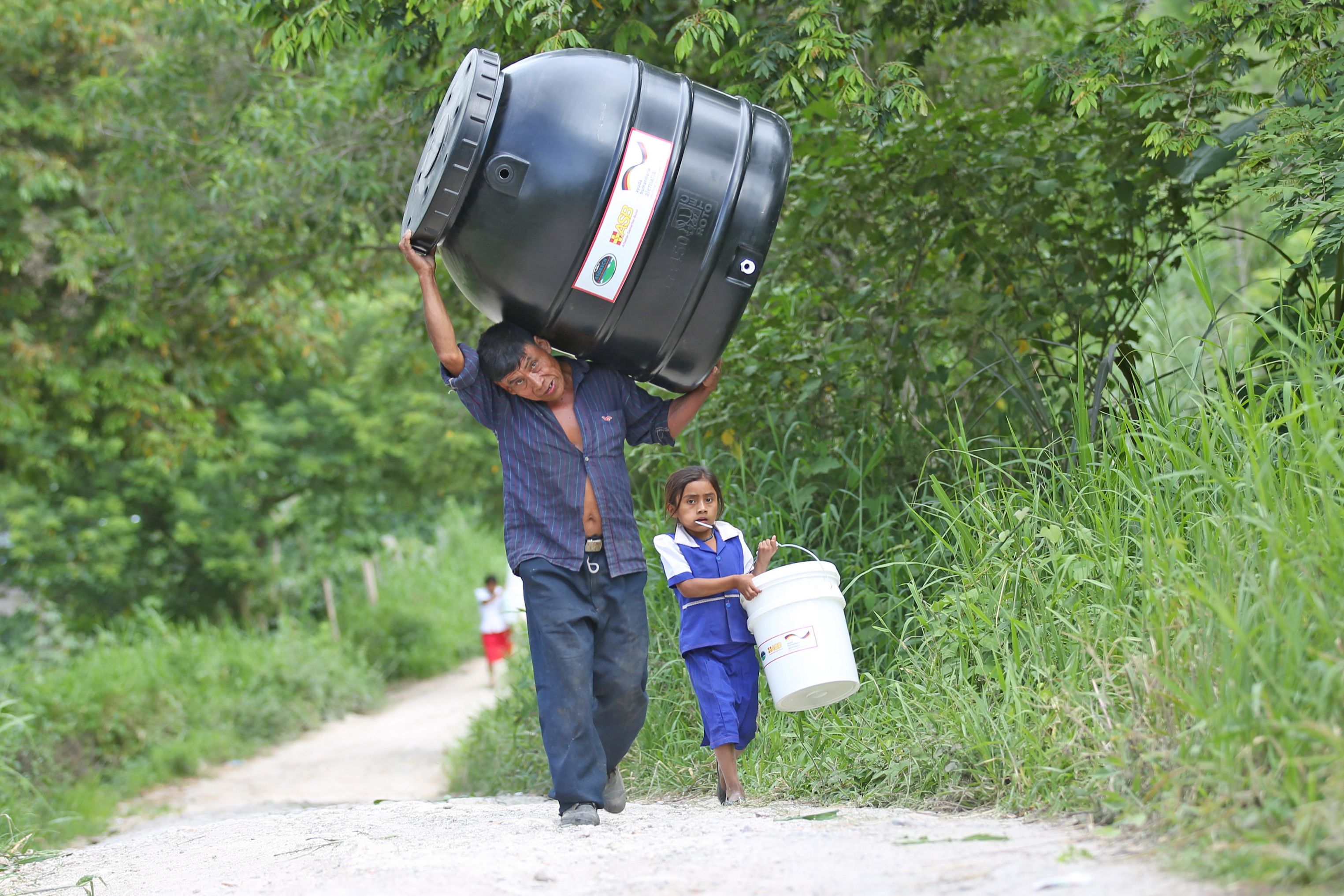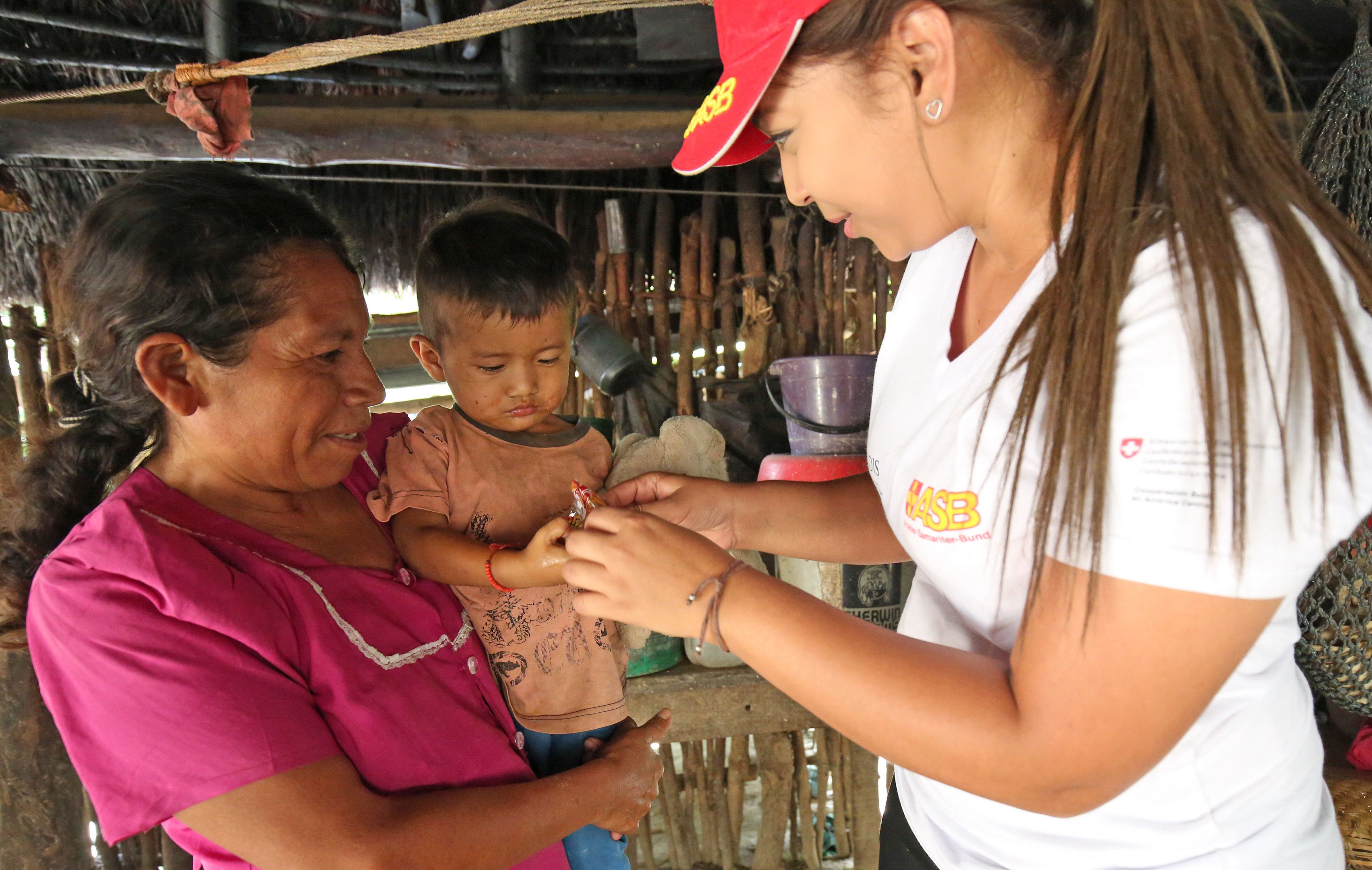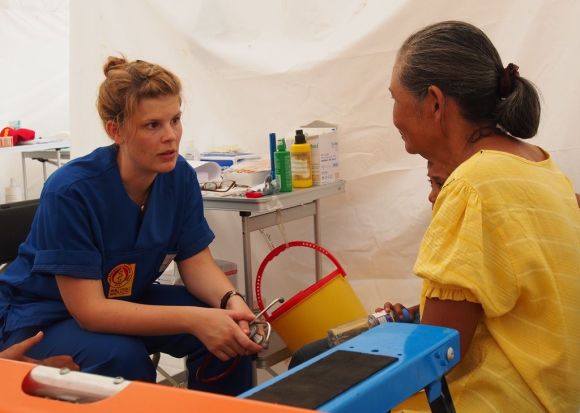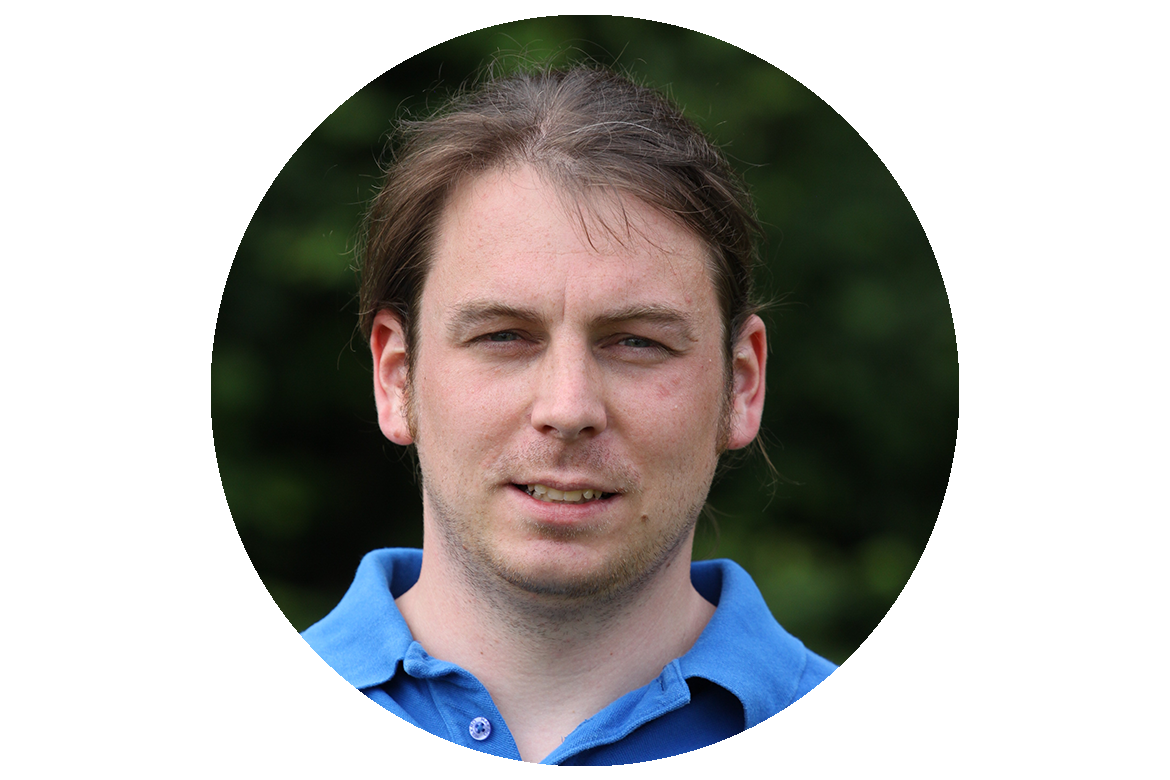
First Assistance Samaritan Teams
First Assistance Samaritan Teams (FAST) provide quick emergency response in case of natural disasters and other catastrophes by providing basic medical care and drinking water treatment solutions.
In case of an international emergency, the ASB Foreign Aid sends its First Assistance Samaritan Teams (FAST) as emergency aid focused on the installation of drinking water purification units and basic medical aid to help and protect the affected people.
The core elements of the quick emergency response are drinking water treatment and basic medical aid.
FAST-Teams are composed of ASB volunteers who are experienced medically trained people or trained as specialist for drinking water treatment. The FAST volunteers undergo comprehensive training in preparation for their work abroad.
Experts from the ASB Federal Association with international experience guide the teams that can have up to 20 aid workers per module.
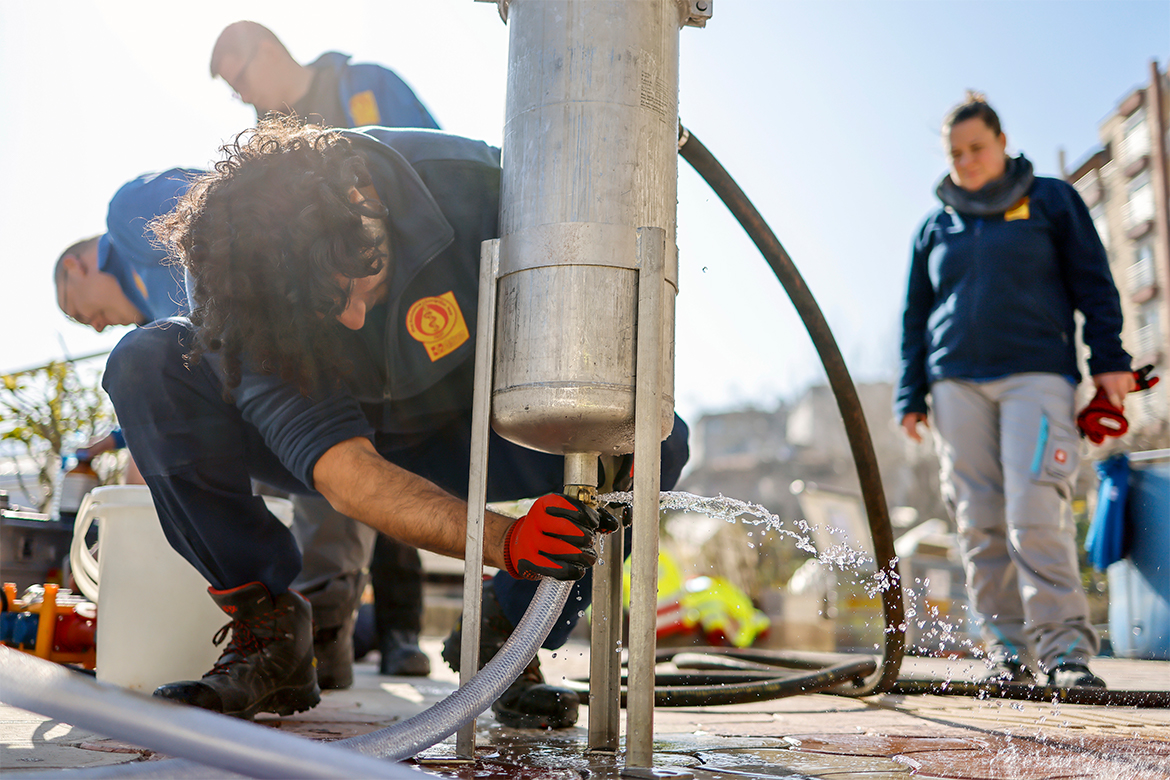
Basic medical aid
The FAST medical team can run a field hospital with up to eight treatment stations. The equipment, based on a standardised WHO medical kit, can provide basic medical care for 30,000 people for one month.
Drinking water treatment
The teams are provided with a wide range of high-quality equipment for deployment. At the heart of the water team are three drinking water treatment systems with a total output of 2,500 litres/hour.
The capacity of the systems allow providing drinking water for up to 3.600 persons per day (7,5l / person) and could hold up autarky for up to 10 days.
The treated water is of high quality, which is suitable for use as drinking water and even for the FAST hospitals. The water treatment unit also enables the medical teams to work independently.
Alternatively, simple water filters can be installed and handed over to local communities, schools or health stations.
Emergency Deployment
A FAST deployment lasts for a maximum of six weeks. This period generally corresponds to the acute phase following a disaster, during which the need is greatest. The duration of deployment for the individual aid workers is 14 days until the consecutive team follows.
The ASB First Assistance Samaritan Teams undergo constant further training in order to be able to respond rapidly and professionally to the increasing number of disaster events around the world.
Since FAST is only intended for the immediate emergency aid phase following a disaster, it is important to ensure that there are no gaps in the provision of drinking water or medical care to the civilian population after the end of emergency aid operations.
This “exit strategy” can take on different forms: medium to long-term ASB projects might follow, or the local or international partner organisations or local authorities take over responsibilities.
18 FAST emergency deployments
Implemented 18 times since 2009, the most recent FAST operation deployed two teams in Turkey in order to provide clean water to the people following the major earthquake in February 2023. The first FAST deployment was in Indonesia in 2009.
Turkey | Aid after the earthquake
2023, four week deployment
The ASB sent teams and equipment following the devastating earthquake in Turkey and north-west Syria. It was possible to treat 200,000 litres of water during the deployment period using the drinking water treatment systems. The systems were handed over to the local water supplier in Turkey for continued use. The medical equipment was handed over to an NGO in Syria in order to continue improving treatment for people in the affected parts of Syria.
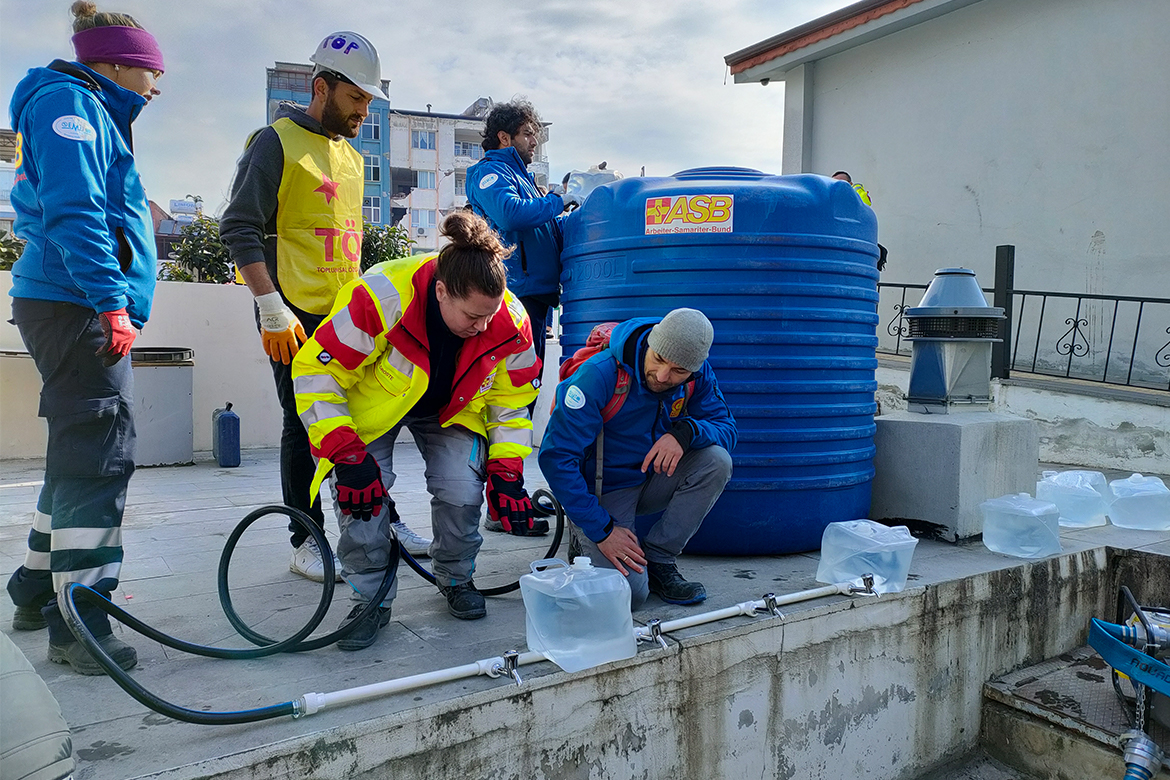
ASB/Hannibal
Slovakia | Support for transit camps
2022, two week deployment
Following the Russian invasion of Ukraine, many people fled to Slovakia and other EU Member States. The long-standing Slovakian Samaritan International (SAMI) partner ASSR established two transit camps close the border, where people could rest after crossing over and plan their onward travel. The ASB, as well as other SAMI from Austria, the Czech Republic and Italy, sent staff so that the camps could continue to operate for months. The ASB staff supported our Slovakian colleagues in the fields of medicine and logistics.
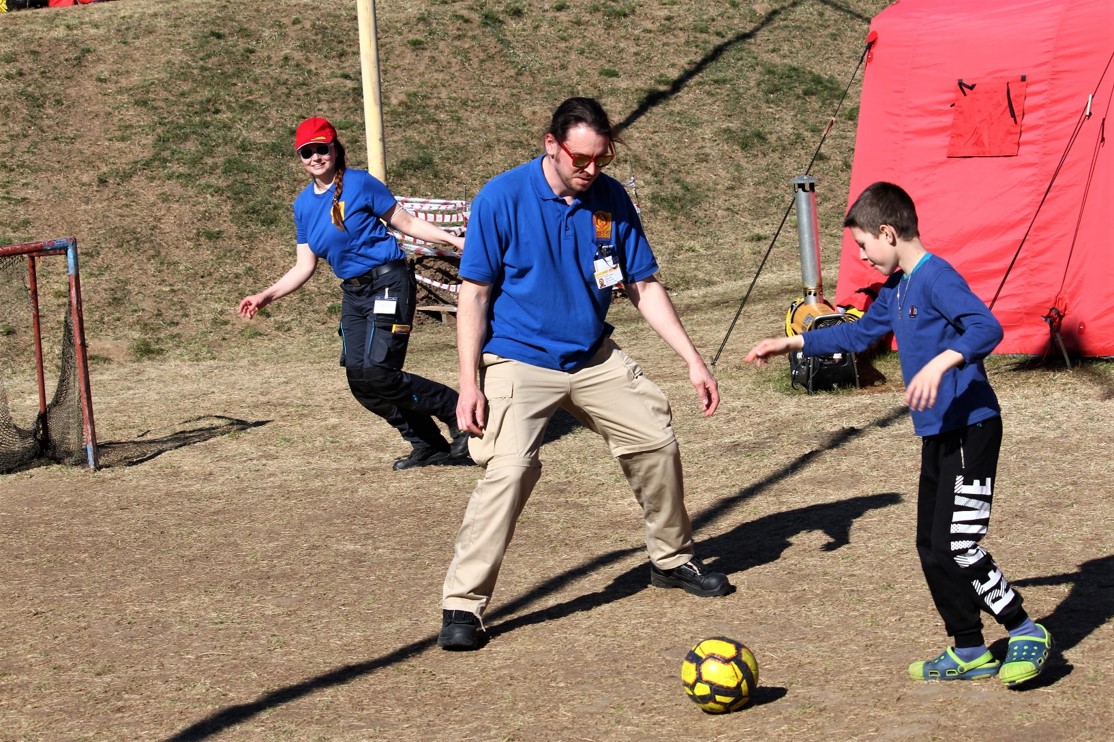
Mozambique | Installation and use of SkyHydrants
2022, two week deployment
During this deployment, the FAST trained the national Mozambique partner organisation WatSan in the use of the SkyHydrant filter systems. The intention was to facilitate a mobile and focused supply for the population in the event of a disaster, which is exactly what happened following cyclone Freddy in 2023.
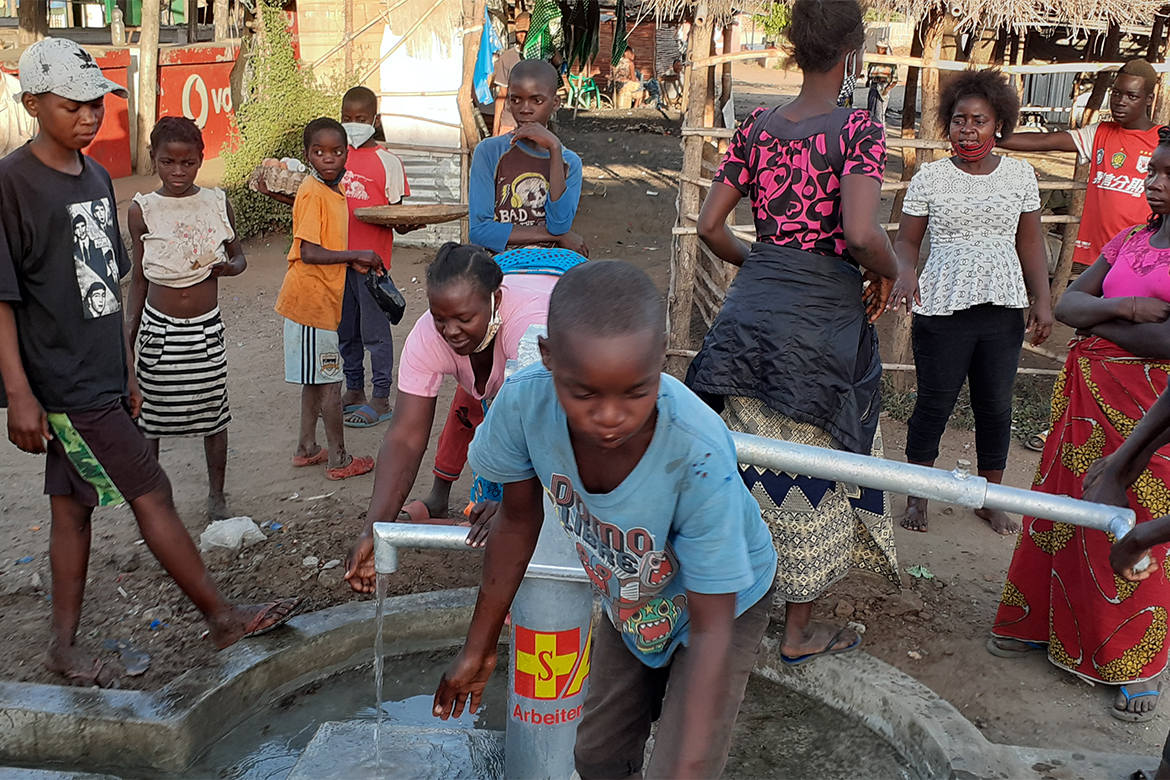
Get involved with FAST now
In order to work as part of our medical team, you need a medical qualification and at least two years of professional experience in the field in order to work as part of our medical team. No formal qualification is required to work in the drinking water division. However, it is important that you have an interest in the field of drinking water, can pitch in and have a knack for technology, chemistry or logistics.
A minimum age of 21 years is required.

